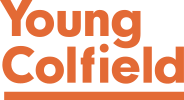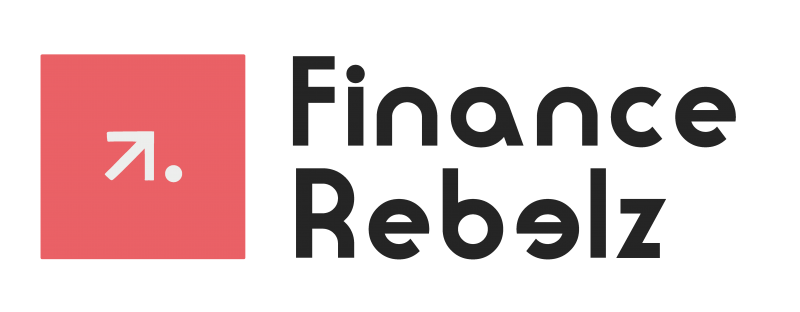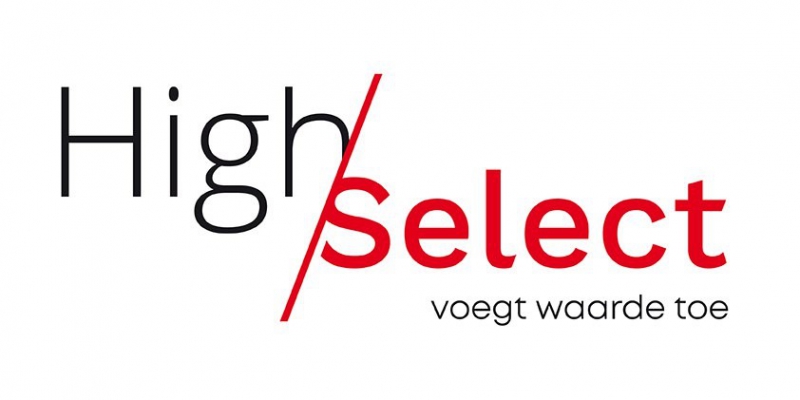A few weeks ago, we met with two exchange students: Carlos from Spain (who studies at the Universidad de Valencia) and Dmitrii, who’s from Russia but studies at the University of Economics in Prague (Vysoká škola ekonomická for the true language fans). Both have come to Nijmegen this year to follow elective courses as part of their programme. We sat down with them on a quiet Sunday afternoon to interview them.
Of course, they have come a long way to come to Nijmegen, so we wanted to know a little bit more about why they wanted to come here in the first place.
Of course, they have come a long way to come to Nijmegen, so we wanted to know a little bit more about why they wanted to come here in the first place.
Carlos: ‘'I already visited The Netherlands before I started studying here. I did a two-week exchange in Oss a few years ago where I met a lot of friends who I’m still in contact with. Also, my mentor from my first year in Spain studied here at Radboud.’'
As for Dmitrii is was a different story: ‘'I never heard of Nijmegen before. A friend of mine studied at Erasmus University Rotterdam so I paid him a visit back then. At that time, I noticed how international the community was. Everyone was speaking English and I really liked that.’'
How does study life differ here from your home university?
Dmitrii: ‘'We actually don’t have study associations in Prague, nothing like Synergy or ISN Nijmegen. I do feel that there are more opportunities here. For example, the sports center like the RSC is something we don’t have in Czech Republic. Over there I didn’t do kickboxing and swimming or any other sport I do here.’'
Carlos: ‘'We do not really have study association in Spain too, except for political ones. We do have ESN Valencia, similar to ISN, I’d say. But that’s less popular there. However, in terms of having international students, Valencia is really popular. My faculty of economics hosts around 4.000 Erasmus students yearly.’'
How were your first weeks here in The Netherlands?
Carlos: ‘'The first weeks I met a lot of Spanish students. We had a group chat of about 150 people but that decreased to 40-50 later on. Still it was good support for when I began here. Currently, I live with 3 other Spanish students so that also helps; we do everything together. In the beginning that’s good, but if you only look for your ‘own people’ I believe you miss out on the true international experience of getting to know others.’'
Dmitrii: ‘'At first I was a bit afraid of only hanging around with Russian people only, but I hardly found any Russians at all. I really liked the mentor group from the intro week as I could improve my English even more. I am also still in touch with my Dutch buddy actually. It’s a funny story how I got to The Netherlands, I came here by car. My friends and I wanted to travel through Europe so we did a road trip to some German cities. Then my friends dropped me off in Nijmegen and continued their trip to Amsterdam.’'
So what kind of courses are you following now?
Dmitrii: ‘'Right now I follow courses about sustainable entrepreneurship, leadership and international management. I like projects like these because I can come in touch with Dutch students. One thing I noticed is how many papers you need to read. At my home university I didn’t read many articles, but that all changed here.’'
Carlos: ‘'I had the same experience. My home university is more like a business school. Bachelors there take 4 years rather than 3, but also the semesters are different. There I had 5 courses at the same time per semester. Now I am following Organisation & Environment, Accounting and Entrepreneurships & Perspectives. Lectures are held for more people here at the Radboud. One of my first lectures was of SHRM: I walked in and saw over 500 people in one room. In Spain there are maybe 100 people per room, the groups are not being put together.’'
Dmitrii: ‘'I had to get used to how many contact hours there are per week. In Prague I could have one lecture and workgroup per course per week while here I can have 3 lectures per course and no workgroups. Although I have more free days here, I study way more at home. I don’t think I could take 6 or 7 courses here at the same time like in Prague‘'
What do you think of the Dutch culture?
Carlos: ‘'The culture is definitely different. The Dutchies are friendly and warm in their own way. They try to help you when possible. You do need to make appointments for everything though (laughs). I did learn some words in my time here: ‘hoe gaat het’, ‘geen probleem’, ‘nee’ and also some sentences that are less safe for work.’'
Dmitrii: ‘'I like it here, especially the way things are designed here. I think the infrastructure is great. One of the strangest things I saw here was on my first day when I was biking to uni. It was raining and someone was actually riding on his back wheel. It was crazy and amusing at the same time.’'
What do you do next to your studies?
Carlos: I am involved in the International Committee. I also play the piano but here I am limited to only playing at the train station. I also travel within Europe. So far, I have been to Poland, Czech Republic, Belgium, Hungary and Croatia. “
Dmitrii: “Well I have focused on only travelling to the main cities in the Netherlands, like Utrecht, Rotterdam and Amsterdam.”
What are your plans for the future?
Carlos: “I plan on doing an internship here.”
Dmitrii: “Same but my main focus is to finish this semester and then graduate next year.








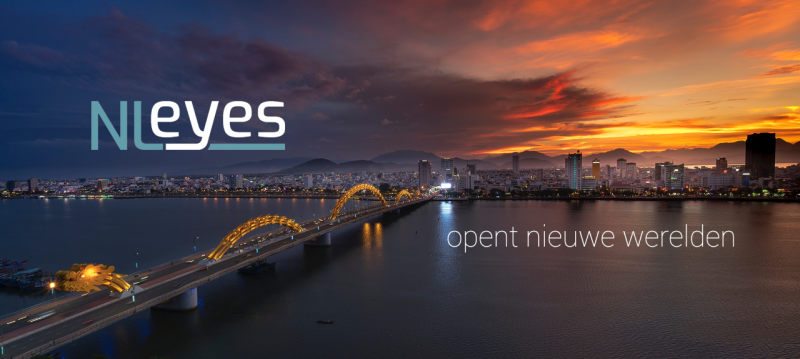
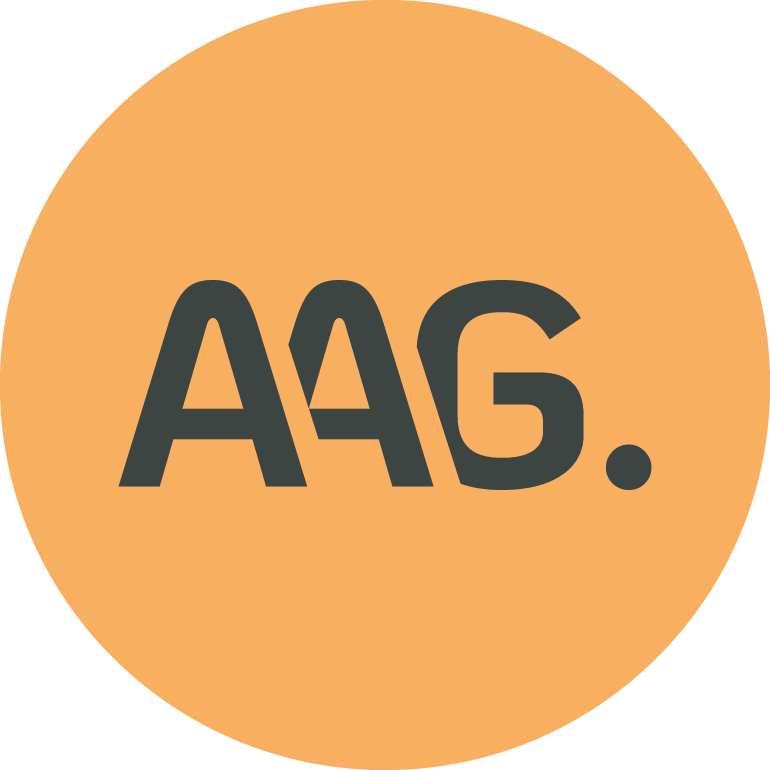


.png)

